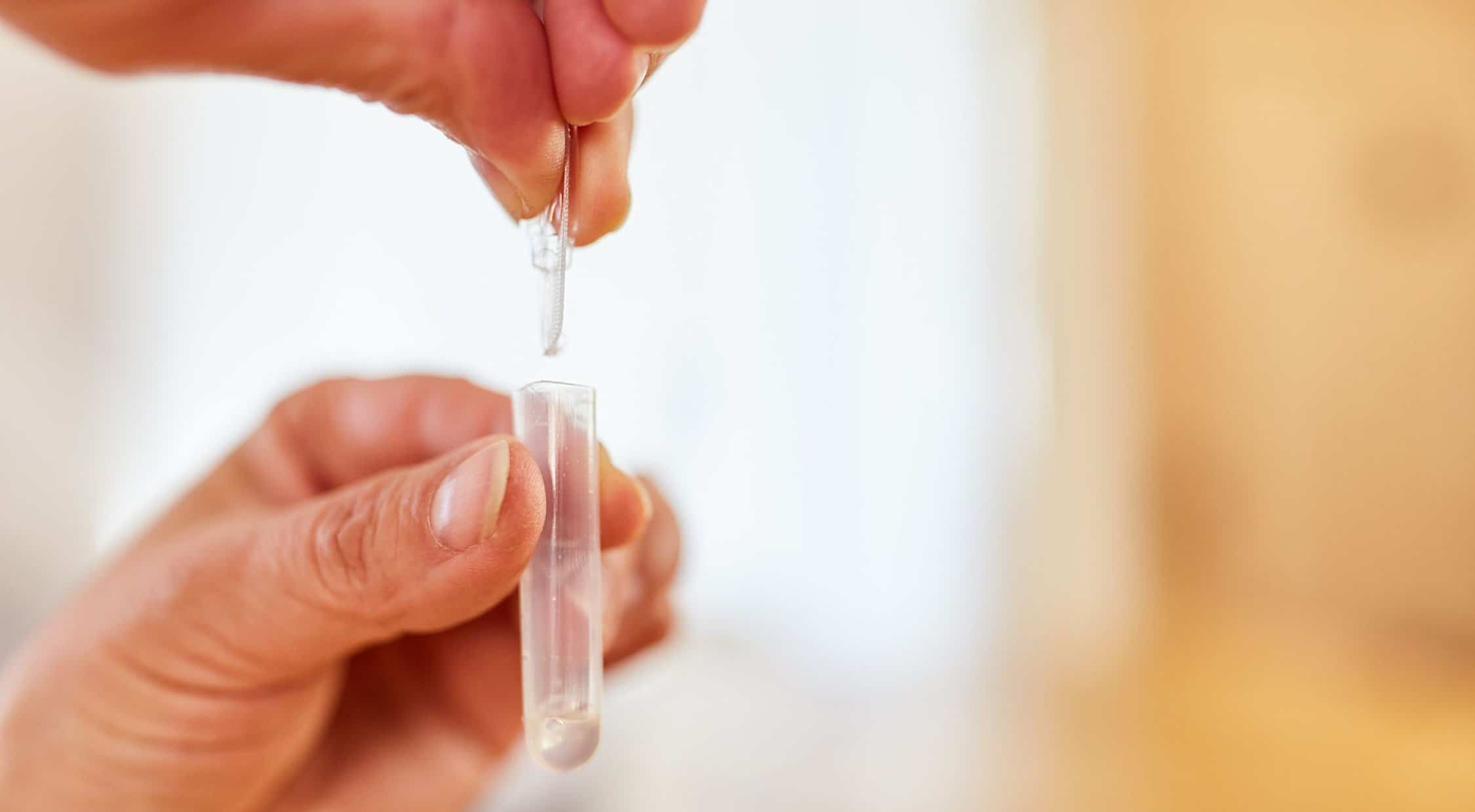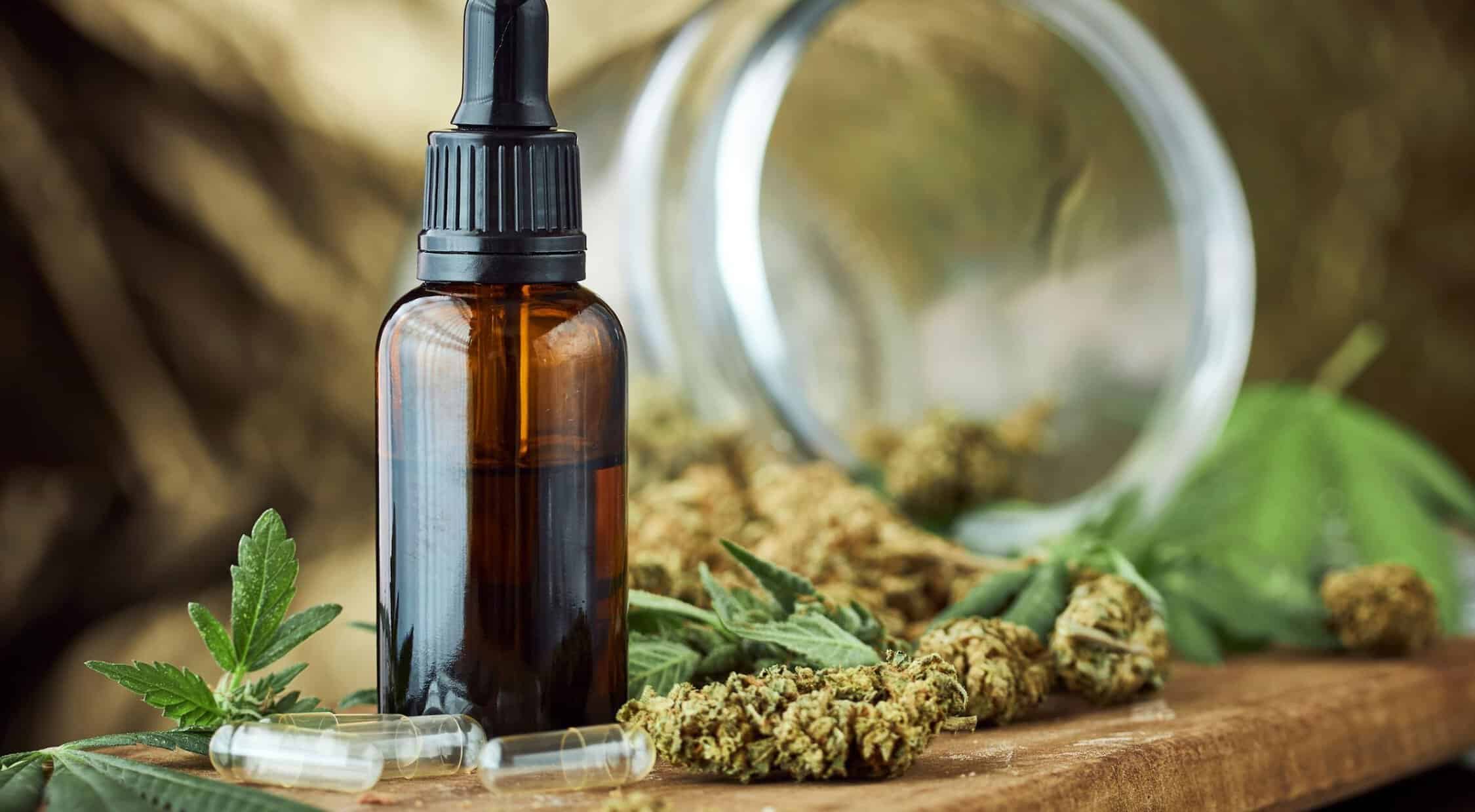Factors Impacting How Long Weed Stays in Your System
The duration that THC (tetrahydrocannabinol), the primary psychoactive compound in cannabis, stays in your system is influenced by various factors. It is crucial to understand these elements to gauge the potential detection window accurately for the question, ‘How long does weed stay in your system?’.
Frequency and Amount of Marijuana Use
One of the primary determinants of how long weed lingers in the body is the frequency and amount of cannabis use. Individuals who consume marijuana occasionally or infrequently tend to clear THC from their systems more rapidly compared to regular or chronic users. Chronic users may have accumulated THC and its metabolites in their body fat, leading to a prolonged detection window.
Individual Metabolism and Body Composition
Metabolism rates and body composition vary from person to person, influenced by factors such as age, gender, body mass index (BMI), and overall health. Individuals with faster metabolisms may eliminate THC and its metabolites more quickly, whereas if you have a slower metabolism or higher percentages of fatty tissues, you may have marijuana stay in your system for longer.
How Long is Marijuana Detectable via Drug Testing?
The duration for which marijuana remains detectable in the body through drug testing varies based on several factors, including the frequency and amount of cannabis consumption, the individual’s metabolism rate, and the type of drug testing method used to detect weed.
Urine Tests for Detecting Marijuana Use
Urine tests are among the most common methods for detecting marijuana use. THC metabolites can typically be detected in urine for several days to several weeks after the last use, depending on the frequency and amount of consumption. For occasional users, THC may be detectable for up to a week, while chronic users may test positive for several weeks or even months after their last use.
Blood Tests for Detecting THC
Blood tests are less commonly used for marijuana detection, as THC is rapidly metabolized and has a relatively short window of detection in the bloodstream. THC can typically be detected in blood for up to a few hours after use, making a blood test less suitable for detecting past marijuana consumption.
Hair Tests to Detect Marijuana
A hair test can detect THC over an extended period, as THC metabolites are incorporated into the hair shaft during growth. A hair test can potentially detect marijuana use from several months to over a year, depending on the length of the hair follicle and the individual’s usage patterns.
How Long Does THC Stay in Urine?
The duration of THC detection in urine can vary significantly among individuals due to several factors. THC, the primary psychoactive compound in cannabis, is metabolized and stored in fat cells, gradually released into the bloodstream, and excreted through urine. The length of time THC remains detectable in urine depends on various elements, including frequency and amount of marijuana consumption, metabolism rate, and body composition.
Factors Influencing THC Detection in a Urine Test
Several key factors play a role in determining how long THC can be detected from urine testing. Firstly, the frequency and quantity of cannabis use significantly impact detection times. Regular or heavy users may have detectable THC levels for an extended period compared to occasional or infrequent users. Additionally, an individual’s metabolism rate and body fat percentage can influence the storage and release of THC. Those with higher body fat percentages may retain THC for longer periods and be more likely to have a positive urine test.
How Long Does THC Stay in Your Hair?
THC, the primary psychoactive compound in cannabis, can remain detectable in hair follicles for an extended period. Hair tests can identify THC usage over a longer timeframe compared to other testing methods. The detection window depends on various factors, including frequency and amount of marijuana consumption.
Do Edibles Show Up in Drug Tests?
Edibles, or cannabis-infused food products, can show up in drug tests due to the presence of THC (tetrahydrocannabinol), the primary psychoactive compound in marijuana. However, the detection window and factors affecting the test results can vary depending on several variables, such as the individual’s metabolism, the potency of the edible, and the type of drug test administered. But since THC does stay in your system, edibles can cause tests to positively detect THC.
Attempting to Beat a Drug Test for Marijuana
Individuals may attempt various methods to pass a drug test for THC, the primary psychoactive compound in cannabis. However, many of these techniques are unreliable and potentially hazardous. Consuming excessive amounts of fluids, engaging in taking in excessive amounts of secondhand marijuana smoke, or using masking agents can lead to adverse health effects. Substituting synthetic urine or utilizing someone else’s clean sample constitutes fraud and may have legal consequences. The most effective approach is to abstain from marijuana use for an adequate period before the test so that it does not stay in your system.
Marijuana Addiction and Mental Health
Marijuana, also known as cannabis, is a psychoactive substance that can lead to addiction. While it may not have the same physical withdrawal symptoms as other substances, psychological dependence can develop. According to the Diagnostic and Statistical Manual of Mental Disorders (DSM-5) published by the American Psychiatric Association, marijuana use disorder is a recognized mental health condition.
Frequent marijuana use can have various impacts on mental health, including increased risk of anxiety, depression, and other mental disorders. If you or a loved one is struggling with marijuana addiction or experiencing mental health concerns related to drug abuse, it is important to seek professional help.
How Many Hours Does it Take For THC To Wear Off?
The effects of THC can vary in duration depending on factors such as the method of consumption and individual metabolism. When inhaled, the psychoactive effects of THC typically peak within a few minutes to a few hours and can linger for several hours. When consumed orally, such as through edibles, the onset of effects may be delayed, but the duration can last longer, potentially up to 12 hours or more.
How Long Does Delta 8 Stay in Your System?
Delta-8 THC, a less potent analog of Delta-9 THC, can stay in your system for a similar duration as regular THC. The length of time it remains detectable depends on factors such as frequency of use, dosage, and individual metabolism. Like Delta-9 THC, Delta-8 can be detected in urine, blood, hair, and saliva tests, with detection windows varying based on the type of test and usage patterns.
How Can Drugs Be Detected in Urine?
A urine test works by detecting the presence of drug metabolites, which are the byproducts created when the body processes drugs. When a substance is consumed, it is metabolized by the body and broken down into various metabolites, which are then excreted through urine.
What’s Tested On a 10-Panel Drug Test?
A 10-panel drug test is a comprehensive screening that typically tests for the following substances:
- Amphetamines (including methamphetamine and ecstasy)
- Barbiturates
- Benzodiazepines
- Cocaine
- Cannabis (THC)
- Methadone
- Methaqualone
- Opiates (such as heroin, morphine, and codeine)
- Phencyclidine (PCP)
- Propoxyphene
The specific substances included in a 10-panel drug test may vary slightly depending on the provider or the purpose of the test.
Seeking Help for Marijuana Addiction
The Substance Abuse and Mental Health Services Administration (SAMHSA) provides a free and confidential treatment locator tool for individuals and families seeking information and support for substance abuse near home.
At our Massachusetts drug rehab, we understand the challenges of overcoming substance abuse. Our individualized treatment plans are designed to provide the support and resources you need to regain control of your life. Whether you require inpatient, outpatient, or medication-assisted treatment, our experienced team is here to guide you through the recovery process.
If you or a loved one is struggling with addiction, don’t hesitate to reach out. Contact us at (877) 592-2102 or through our secure online form. Together, we can explore the most suitable treatment options and begin the journey towards a healthier, substance-free life.



